Across Africa, thousands of businesses are turning to solar-as-a-service to solve one of their most persistent challenges; reliable, affordable energy.
This model is changing how organizations think about power infrastructure. Instead of buying and maintaining expensive equipment, they can now subscribe to clean energy the same way they subscribe to data or cloud services.
Below, we break down how solar-as-a-service in Africa works, why it’s gaining traction, and what businesses need to know before adopting it.
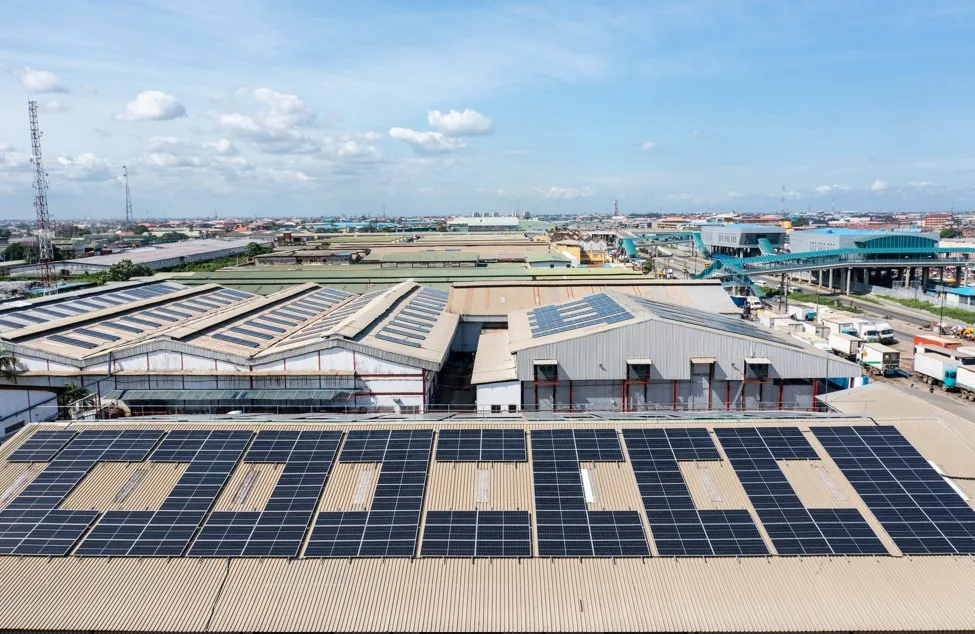
Solar-as-a-Service (SaaS) is a business model where a solar energy provider, like Daystar Power, installs, operates, and maintains a solar power system on a client’s premises.
Instead of buying the solar plant outright, the client pays only for the electricity consumed, usually at a fixed or agreed tariff per kilowatt-hour (kWh).
In other words, the client gets guaranteed power without owning or managing the infrastructure.
It’s a fully managed energy solution, Daystar handles system design, installation, maintenance, monitoring, and performance optimization.
The pay-as-you-go approach makes solar energy more accessible by eliminating upfront costs.
Here’s how it typically works:
This model allows companies to focus on their core operations while Daystar ensures their power remains reliable, clean, and cost-efficient.
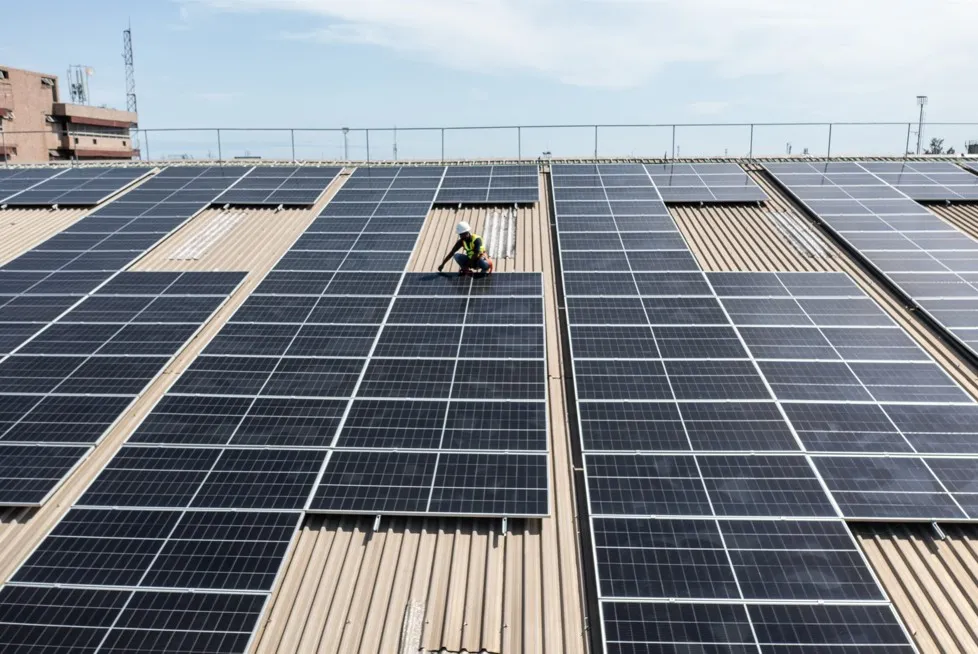
No Upfront Capital Investment: Businesses can go solar without spending on equipment.
Guaranteed Performance & Reliability: Providers like Daystar Power take full responsibility for uptime and maintenance.
Predictable Energy Costs: Fixed or consumption-based tariffs protect against fuel price volatility.
Sustainability Gains: Solar power significantly reduces carbon emissions and improves ESG ratings.
Scalability: Systems can easily be expanded as energy needs grow.
In essence, solar-as-a-service combines the best of renewable technology and financial flexibility, delivering energy as an operational expense (OPEX) rather than a capital one (CAPEX).
Yes, and increasingly more so.
Modern hybrid energy systems combine solar, battery storage, and generator or grid backup, ensuring uninterrupted power even during cloudy weather or grid outages.
Daystar Power’s systems are engineered for industrial-grade reliability, achieving uptime levels above 99%.
Clients benefit from smart energy management systems that automatically balance between solar, stored power, and backup sources to maintain consistent supply.
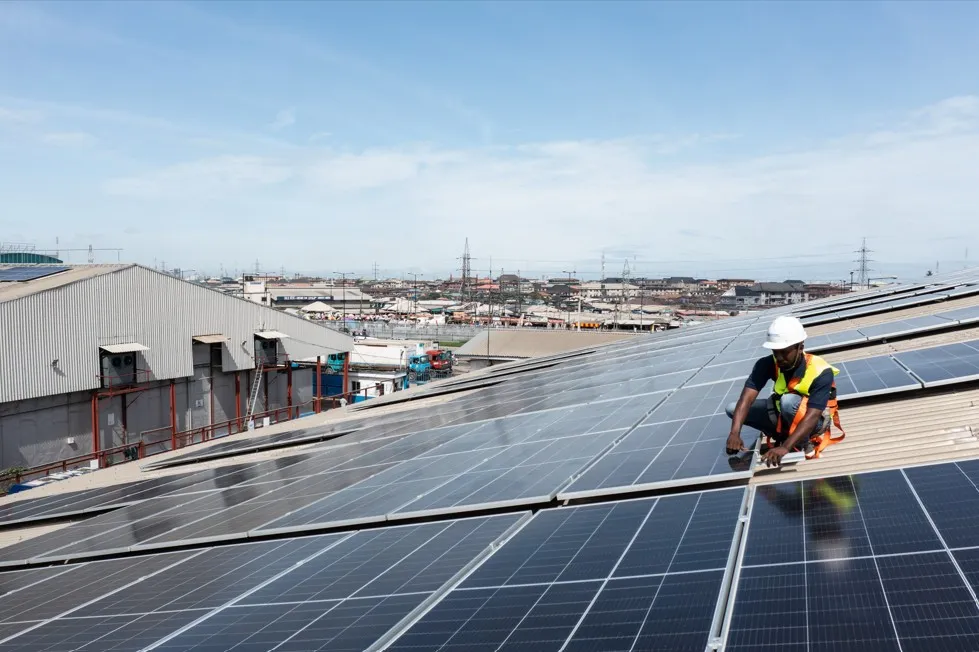
Daystar’s hybrid systems are designed to ensure continuity. During the day, solar energy powers operations directly and charges the battery storage system.
At night or during low-sunlight periods, the system automatically switches to stored power or backup sources.
This ensures 24/7 availability, regardless of weather or time of day, a crucial factor for factories, banks, and telecom operations.
Daystar Power employs advanced remote monitoring technology to track real-time performance metrics across all installations.
Our team continuously analyses data such as:
This proactive monitoring enables zero-downtime maintenance, minimizing operational disruptions for clients.
In addition, all Daystar power installations include warranties, regular performance audits, and technical support from local field engineers in every market we serve.
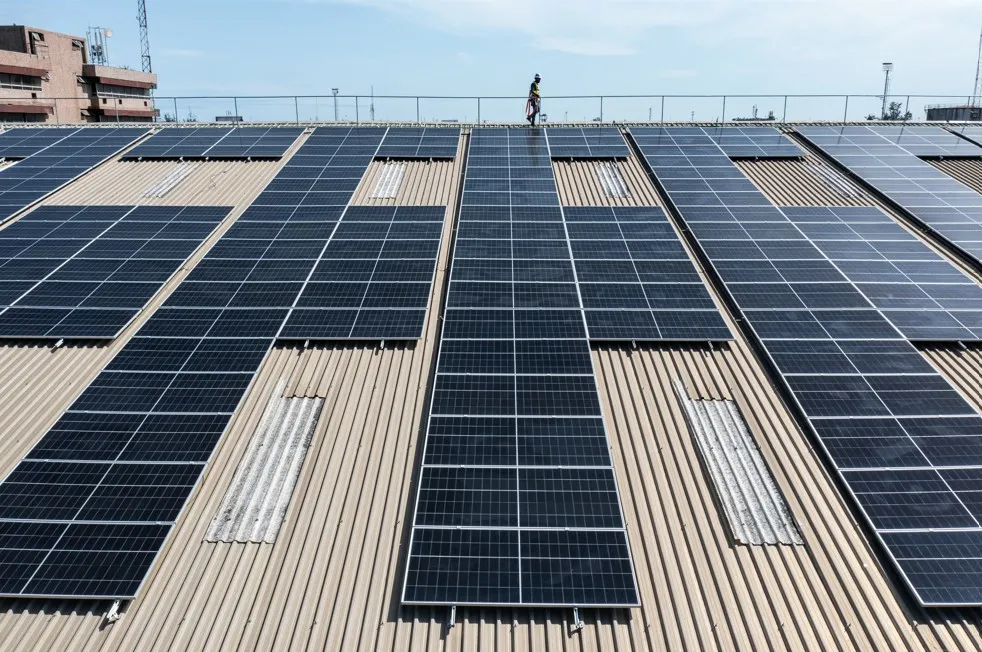
Unlike traditional capital-intensive models, SaaS ROI is immediate.
Businesses experience savings from day one by:
Over time, many clients report 30–40% reductions in energy-related costs and a significant boost in operational reliability.
Absolutely. One of the biggest advantages of this model is scalability.
Daystar Power operates across multiple African countries, from Nigeria to Ghana, Côte d’Ivoire, Senegal, and beyond, with systems adaptable to diverse power environments and business sizes.
Whether it’s a 100 kWp system for a commercial complex or a 1 MWp hybrid installation for an industrial facility, the model remains flexible and repeatable.
As businesses grow, Daystar expands capacity seamlessly, without the need for new capital investment from the client.
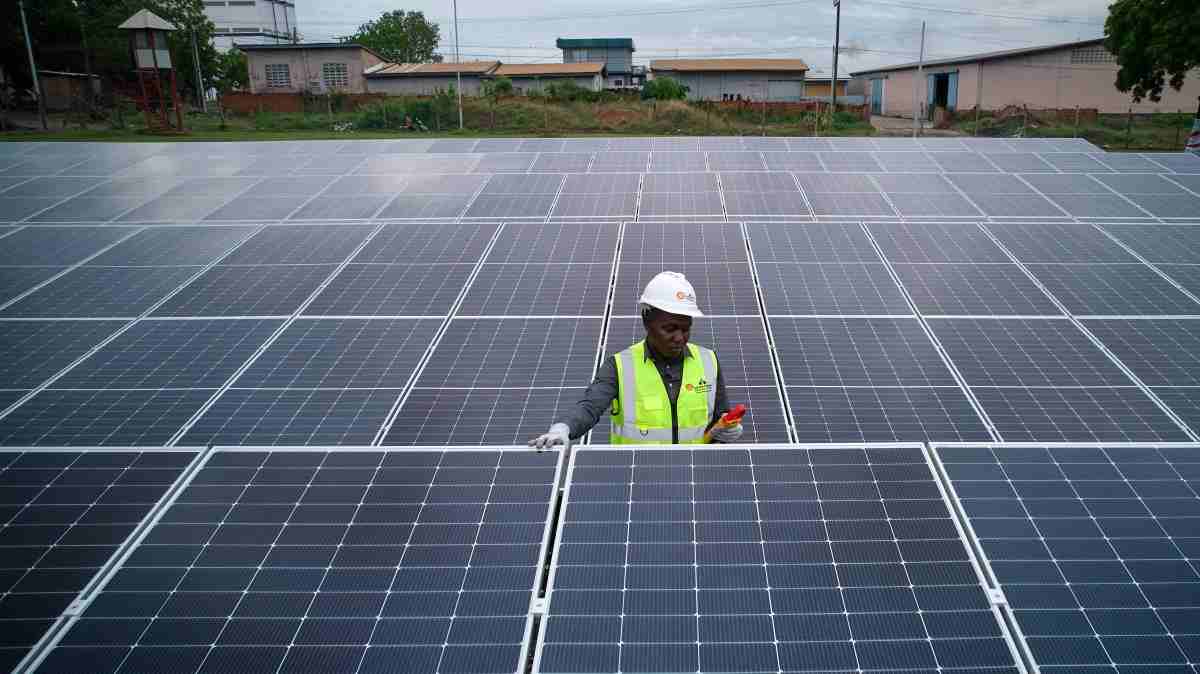
Industries and sectors that experience high energy demand and grid instability benefit the most, including:
These sectors value uptime, predictability, and long-term cost efficiency, all of which are core advantages of Daystar’s service model.
Africa’s energy landscape is moving toward decentralized, service-based power solutions.
Solar-as-a-service is leading this shift, making clean, reliable energy accessible to businesses that previously couldn’t afford the upfront investment.
With growing investor interest in renewable infrastructure and carbon reduction goals, the model is set to drive Africa’s next wave of industrial efficiency and sustainability.
And Daystar Power is right at the center of this transformation, powering growth, one business at a time.